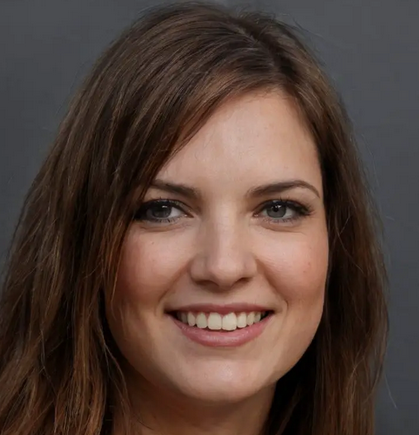Politics
Commissioner Christophe Hansen: Building together the future of farming, food and EU rural areas!

A Personal and Professional Dedication to Agriculture
In a powerful address at one of Europe’s largest agricultural and food policy forums, Commissioner Christophe Hansen shared his personal and professional commitment to shaping the future of European agriculture. Drawing on his roots as a farmer from northern Luxembourg, Hansen highlighted how his upbringing and experiences drive his resolve to create policies that empower farmers, support rural communities, and secure the EU’s food supply for generations to come.
Speaking to a diverse audience of farmers, industry leaders, NGOs, consumers, and policymakers, Hansen emphasized the need for a collaborative, inclusive approach to agricultural policy. “For me,” he said, “there is no better way to start my second week than here with you at the biggest event for agriculture and food in Europe.”
The Challenges Facing European Agriculture
Commissioner Hansen addressed the myriad challenges confronting the sector:
- Aging Farming Demographics: Only 12% of EU farmers are under the age of 40, with an average age of 57. Women account for just 3% of the farming workforce, underscoring the need for targeted initiatives to attract and retain diverse talent in agriculture.
- Economic Pressures: Structural challenges, including declining farm numbers, economic disparities, and an administrative burden that overwhelms many, contribute to farming being perceived as a high-risk, stressful occupation.
- Geopolitical and Environmental Pressures: Global tensions, climate change, and biodiversity loss are placing unprecedented strain on the sector, while demanding innovation and resilience from farmers.
Despite these obstacles, Hansen expressed deep admiration for the resilience of European farmers, calling for a united effort to capitalize on opportunities while addressing these pressing issues.
Commissioner Hansen’s Vision: A Roadmap for the Future
Hansen presented a forward-looking vision for a competitive, sustainable, and resilient agricultural sector. He outlined several priorities:
- Generational Renewal and Demographic Balance
Hansen highlighted the urgent need to attract young farmers by ensuring access to critical resources, such as fertile soil, land, capital, and technology. He emphasized improving rural infrastructure—such as broadband internet—and ensuring rural communities have the same opportunities and services as urban areas.“Without creating the right conditions, we risk losing the next generation of farmers,” he warned, adding that fostering family farming and supporting young entrants must be central tenets of EU agricultural policy. - Simplification of Regulations
Hansen announced plans to reduce administrative burdens for farmers, emphasizing the importance of practical, actionable measures. He referenced a 2025 simplification package aimed at easing compliance for small-scale farmers, including farms under 10 hectares, as part of broader reforms for 2027. - Fairness and Value in the Food Supply Chain
Stressing the importance of fairness, Hansen called for reforms to strengthen farmers’ bargaining positions and ensure equitable compensation. He underscored the need to rectify imbalances in the food chain and promote producer organizations to better position farmers in negotiations with retailers. - Investment in Innovation and Sustainability
Hansen identified bridging the sector’s investment gap as a critical step toward driving innovation. He pointed to the need for research and technology that enable sustainable farming practices while addressing climate change and biodiversity goals.
Strengthening Global Competitiveness and Trade
Commissioner Hansen recognized that European agriculture is deeply interconnected with global trade. He highlighted the sector’s 2023 export success, valued at €230 billion, which created a €70 billion trade surplus. However, he emphasized the importance of reciprocity in trade, advocating for regulations that ensure imported goods meet the EU’s high environmental and ethical standards.
Hansen cited the EU’s deforestation regulation and restrictions on pesticide-treated imports as key examples of ensuring fairness while maintaining the EU’s competitive edge.
Climate and Environmental Goals
Acknowledging that farmers are both victims of and vital players in combating climate change, Hansen stressed the importance of incentivizing sustainable practices. “We need to develop tools to adapt and deploy innovation on the ground,” he said, rejecting top-down mandates in favor of tailored solutions.
He praised the EU’s Common Agricultural Policy (CAP) for its contributions to stability and food security over the past 60 years but stressed the need for reforms that balance predictability and flexibility. The CAP, he argued, must continue evolving to meet modern challenges while preserving its foundational strengths.
Collaborative Action for a Sustainable Future
To guide these efforts, Hansen announced the establishment of the European Board on Agriculture and Food, inviting recognized organizations to join this platform for dialogue and collaboration. He expressed his determination to foster constructive exchanges among all stakeholders to shape policies that reflect shared values and aspirations.
Closing his speech, Hansen spoke with heartfelt optimism about the future of European agriculture: “I want to create a better environment for our children and the next generation. This can only be achieved if all actors work together. We want to deliver healthy food, a healthy environment, and a sustainable livelihood for the next generation of farmers.”
Politics
A Vote of Confidence, What’s at Stake for German Chancellor Olaf Scholz?
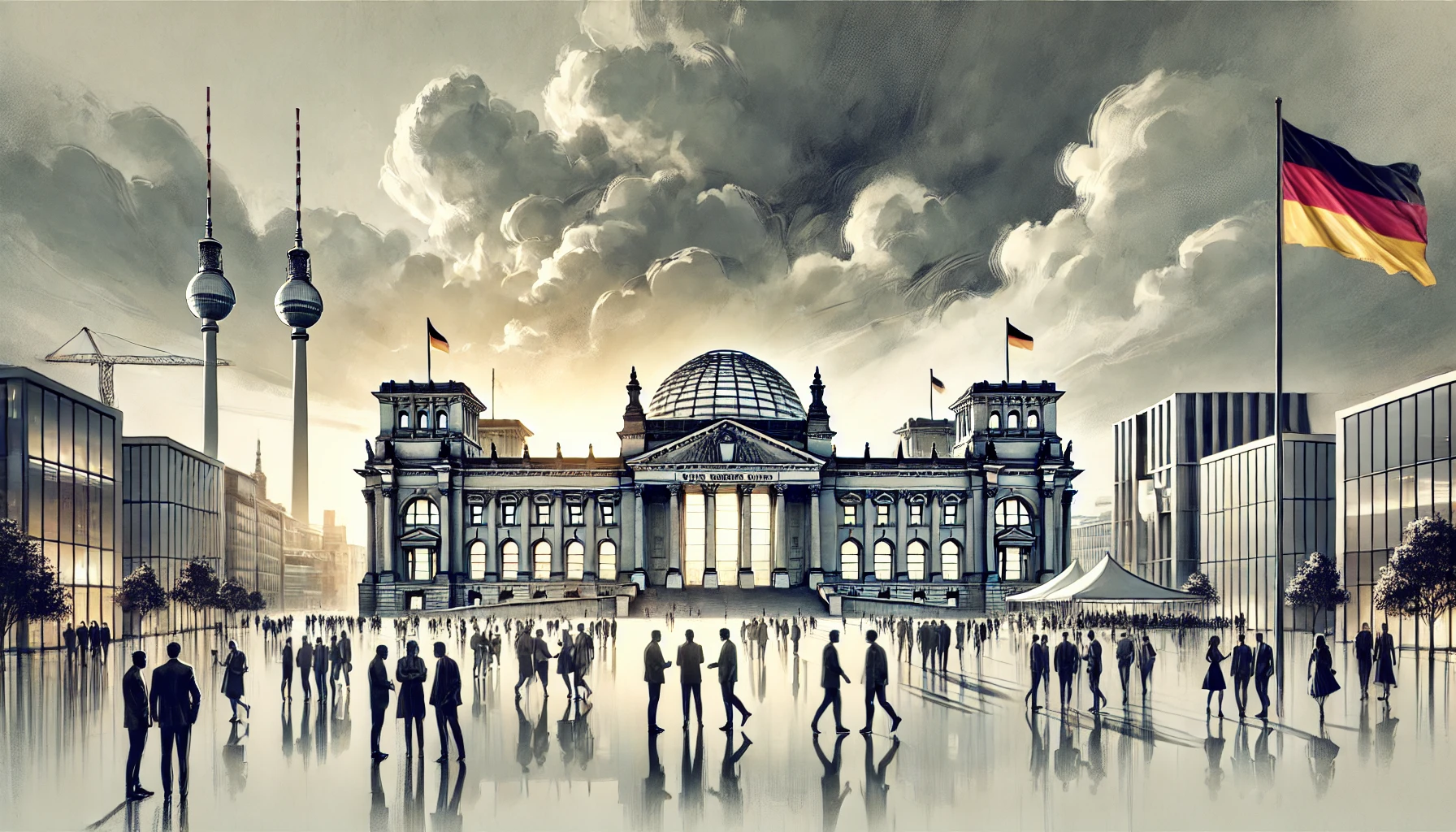
As Germany faces significant economic challenges, Chancellor Olaf Scholz has taken the rare step of submitting a vote of confidence to parliament. The decision, marking the first time a German Chancellor has done so in nearly two decades, underscores the gravity of the situation. On Monday, German MPs will vote, determining not only Scholz’s political future but also the direction of Europe’s largest economy.
Why a Vote of Confidence Now?
The vote comes amid mounting economic instability. Germany, once the powerhouse of the European Union, is grappling with a range of crises in key industries such as automotive, iron, and steel. Economic growth projections remain dismal, lagging behind other nations. Against this backdrop, Scholz’s leadership faces increasing scrutiny.
Political analyst Dr. Hajo Funke points out that the stakes are high, not only for Scholz and his Social Democratic Party (SPD) but also for the broader coalition government. According to Dr. Funke, the SPD and the Greens aim to collaborate with the Christian Democratic Union (CDU) on pressing economic and social reforms. However, political maneuvering complicates the situation.
“The Union is tactically a bit in the trap,” says Dr. Funke. “If it doesn’t [cooperate], then it shows that it is socially and economically disinterested… On the other hand, it wants to tell voters that it is doing everything better.”
This delicate balance will likely lead to compromises between the governing parties and the CDU. These compromises are essential to maintaining voter trust ahead of the upcoming elections.
Germany’s Economic Turmoil
Germany’s economic instability cannot be overstated. Dr. Funke highlights the dramatic crises engulfing several sectors, including:
- Automotive Industry: Once a global leader, the industry faces declining competitiveness and challenges in transitioning to electric vehicles.
- Iron and Steel Production: These industries are struggling under the weight of high energy costs and global competition.
- Suppliers: Economic pressures on suppliers ripple throughout the economy, deepening the crisis.
With economic growth prospects dim, Germany’s political leadership is under pressure to address key issues. These include implementing policies to reduce cold progression (a form of tax bracket creep), tackling rental price inflation, continuing financial support for Ukraine, and adhering to environmental and infrastructure commitments such as the Taurus decision.
The Political Fallout: What Happens Next?
The vote of confidence, scheduled for Monday, will test Scholz’s ability to lead through adversity. If Scholz loses the vote, German President Frank-Walter Steinmeier would have three weeks to dissolve parliament. This move could set the stage for snap elections as early as February 23, 2024.
According to recent polls, the CDU currently leads, but political campaigns and voter sentiment can shift rapidly. As Dr. Funke notes, the months leading up to the election will likely see intense debates and negotiations over Germany’s economic and social policies.
The Road Ahead
Germany stands at a crossroads. The outcome of the vote of confidence will determine whether Scholz’s government continues to address the country’s challenges or whether the public will opt for new leadership in early 2024. For now, all eyes are on Berlin, where Monday’s parliamentary vote may mark a turning point in Germany’s political and economic trajectory.
Politics
European Parliament Re-establishes Intergroup on Freedom of Religion or Belief
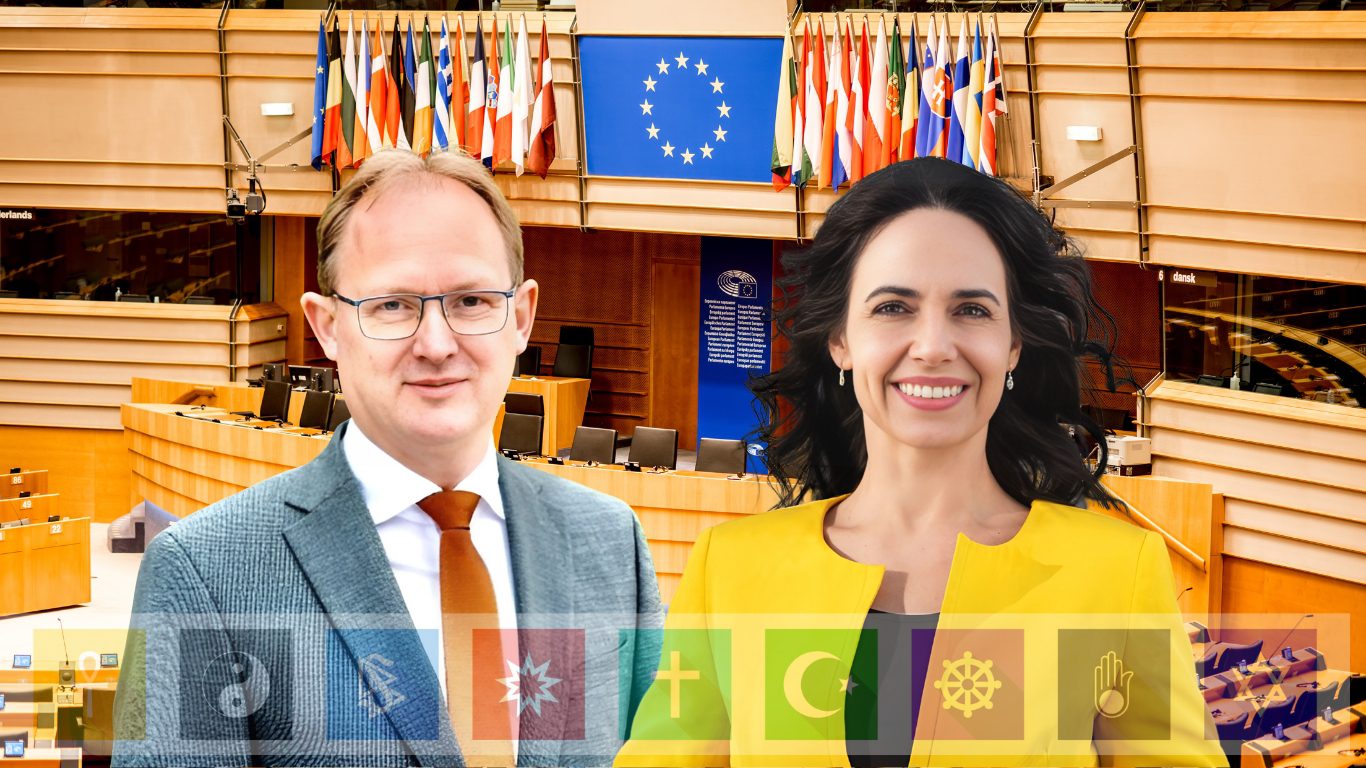
Brussels – In a decisive move to enhance the protection of religious freedom across Europe and beyond, the European Parliament has re-established the Intergroup on Freedom of Religion or Belief. This initiative, confirmed during the conference of parliamentary leaders on December 11, 2024, aims to address the urgent need for safeguarding the rights of individuals facing persecution due to their faith.
Co-chaired by Bert-Jan Ruissen (SGP, ECR) and Miriam Lexmann (EPP), the intergroup seeks to raise awareness about the plight of those persecuted for their beliefs. Ruissen expressed his optimism about the intergroup’s revival, stating, “This intergroup provides us with an important platform in the European Parliament to advocate for the persecuted church. I see that this work is desperately needed, as many remain unaware of the severity of the situation.” Lexmann added, “From China to Belarus, the freedom of religion or belief continues to decline. It is crucial that the European Union, and particularly the Parliament, pays special attention to monitoring and actively supporting this fundamental freedom globally.”
The establishment of this intergroup comes at a critical time when violations of religious freedom are on the rise. A recent letter from various civil society organizations and religious groups highlighted the alarming increase in attacks against individuals based on their religion or belief. The letter calls for the continuation and strengthening of the intergroup, emphasizing that the right to freedom of religion or belief is a cornerstone of democratic societies, as enshrined in Article 10 of the Charter of Fundamental Rights of the European Union.
The letter outlined specific instances of persecution, including the use of blasphemy laws in northern Nigeria, the killing of Christians in Manipur, India, the closure of churches in Algeria, and attacks on Ahmadiyya communities in Pakistan. It also notes the plight of Yazidis in Iraq, Baha’is in Iran, and the discrimination faced by atheists and humanists in Nigeria and Pakistan due to apostasy laws. These examples underscore the urgent need for robust responses from the European Parliament and its members. While the letter did not mention violations within Europe, it goes without saying that Europe must focus on practising what we preach, and the better we do inside the more leverage the EuParl will have when condemning situations outside Europe.
The intergroup, which has been active since 2004, comprises members from various political factions, reflecting a broad commitment to the cause. Following each election, the intergroup must be re-established with support from at least three different factions. Ruissen noted the collaborative effort that led to the intergroup’s revival, stating, “We have come together with colleagues from diverse factions and successfully garnered support from my own faction (the ECR), as well as the liberals (Renew) and the Christian Democrats (EPP).”
One of the intergroup’s key initiatives will be to appoint a new EU envoy for religious freedom, as the mandate of the voluntary without salary and without team current envoy, Frans van Daele, expired at the end of November. The group will also maintain communication with the EU‘s diplomatic services to prioritize religious persecution in global diplomatic discussions.
The letter from civil society organizations emphasizes that the continuation of the intergroup is essential for empowering MEPs to protect the right to freedom of religion or belief through their “on-the-ground” work in affected countries and faith communities. It calls for a united front among religious and belief groups, urging them to sign a letter addressed to the political groups in the European Parliament to highlight the persecution they face globally and the necessity of such a platform.
As the intergroup embarks on its mission, it faces the challenge of ensuring that the voices, also of minority religions, within Europe are heard and that their rights are protected. The commitment of MEPs from various political backgrounds to this cause is a hopeful sign that the European Parliament is ready to take a stand for diversity and inclusion.
In a world where freedom of religion or belief is increasingly under threat, the re-establishment of the Intergroup on Freedom of Religion or Belief is a crucial step toward safeguarding the rights of all individuals, regardless of their faith. The European Parliament must continue to champion this cause, ensuring that the principles of diversity and protection for minority religions are upheld not just in rhetoric, but in action.
Politics
EU adapts product liability rules to digital age and circular economy
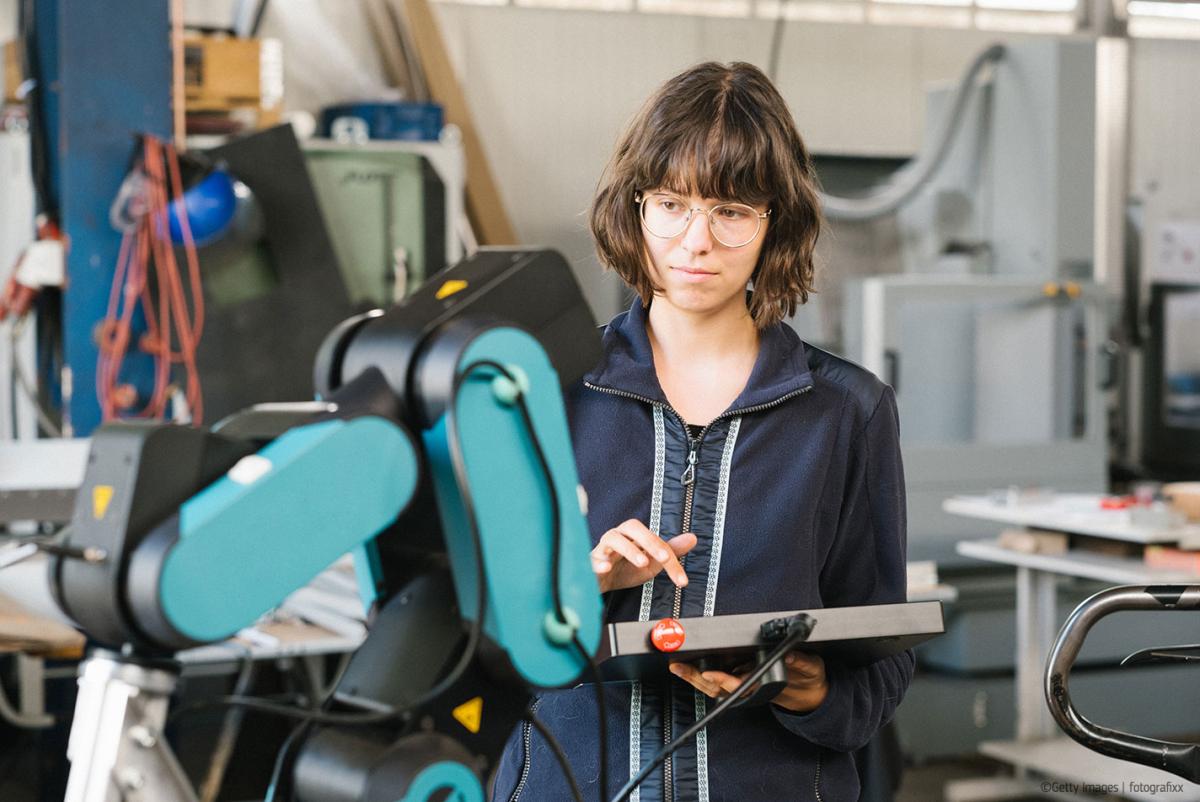
New product liability rules have entered into force, reflecting the increasing digital features of products and the growing circular economy.
The EU’s product liability regime was established in 1985 to compensate those who have suffered physical injury or property damage due to a defective product. Since then, technological developments, new circular economy business models and ever-more global supply chains have made updating the rules essential.
The new rules explicitly cover products like software, AI systems or product-related digital services. These changes benefit both consumers and manufacturers. Consumers will find it easier to claim damages in court, while manufacturers will benefit from clear rules for digital products and circular economy business models. Additionally, harmonised liability rules across the EU will help to reduce business costs and give businesses the certainty they need to invest in innovative products.
These new rules also take into account the increasing number of products on the EU market that are manufactured outside the EU, by ensuring that there is always an economic operator within the Union from whom a victim can claim compensation. Finally, this provision also applies to products sold through online platforms.
Product safety in the EU
Product safety remains a top EU priority, to protect consumers, foster innovation, and ensure a fair and competitive single market. Product safety laws make sure that all goods sold within the EU single market meet stringent safety, health, and environmental standards.
The General Product Safety Directive applies to non-food products and all sales channels. It establishes specific obligations for businesses to ensure that all consumer products in the EU are safe. Many products require CE marking that confirms they are EU compliant before they can be sold. If a product is deemed unsafe, alerts are issued through Safety Gate, a rapid alert system allowing EU countries to share information on dangerous non-food products, enabling swift corrective actions.
When it comes to food products, the EU has some of the highest standards of food safety in the world. These are regulated by the General Food Law, and supported by the Farm to Fork Strategy which ensures food systems are fair, healthy and environmentally-friendly.
For more information
Liability for defective products
Product safety in the EU
CE marking
Safety Gate
World Food Safety Day 2024
Source link
-

 EU & the World6 days ago
EU & the World6 days agoMichael Jackson’s 3 Children: Everything to Know About the King of Pop’s Kids
-

 Sports5 days ago
Sports5 days agoMonza Rally Show: triumph for Fourmaux, retirement for Nibali
-

 Sports6 days ago
Sports6 days agoPatrick Vieira holds on to the tie. And calls for time for Mario Balotelli
-

 Sports6 days ago
Sports6 days agoMichail Antony: stable condition after terrible accident
-

 EU & the World5 days ago
EU & the World5 days ago‘Mary’: The Netflix Movie Release Date, Plot, Cast & More
-
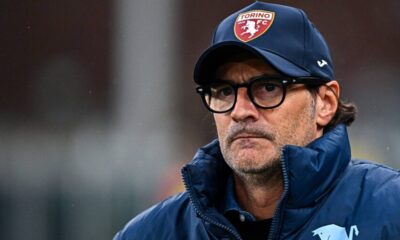
 Sports6 days ago
Sports6 days agoPaul Vanoli praises the defense: “Found the square.”
-
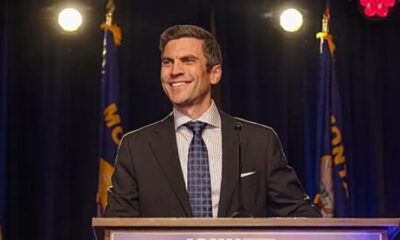
 EU & the World5 days ago
EU & the World5 days agoHow to Watch ‘Yellowstone’ Season 5 Episode 13 Tonight
-
Travel5 days ago
Eurostar, Trenitalia, Deutsche Bahn: What are the best and worst rail operators in Europe?


